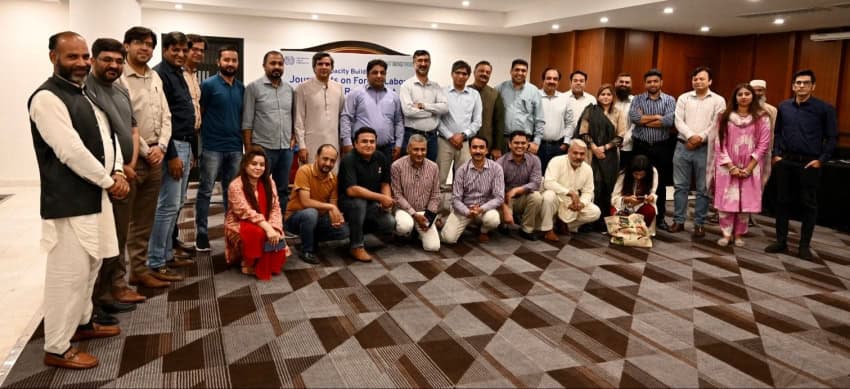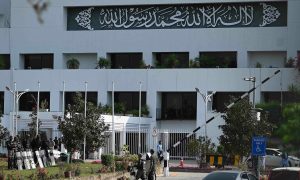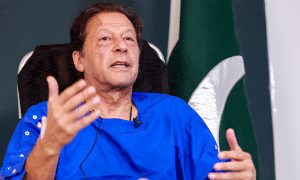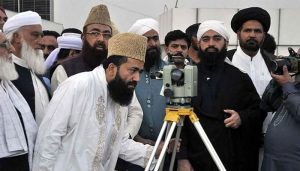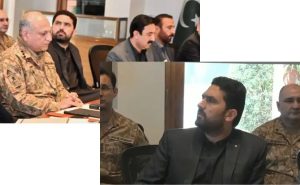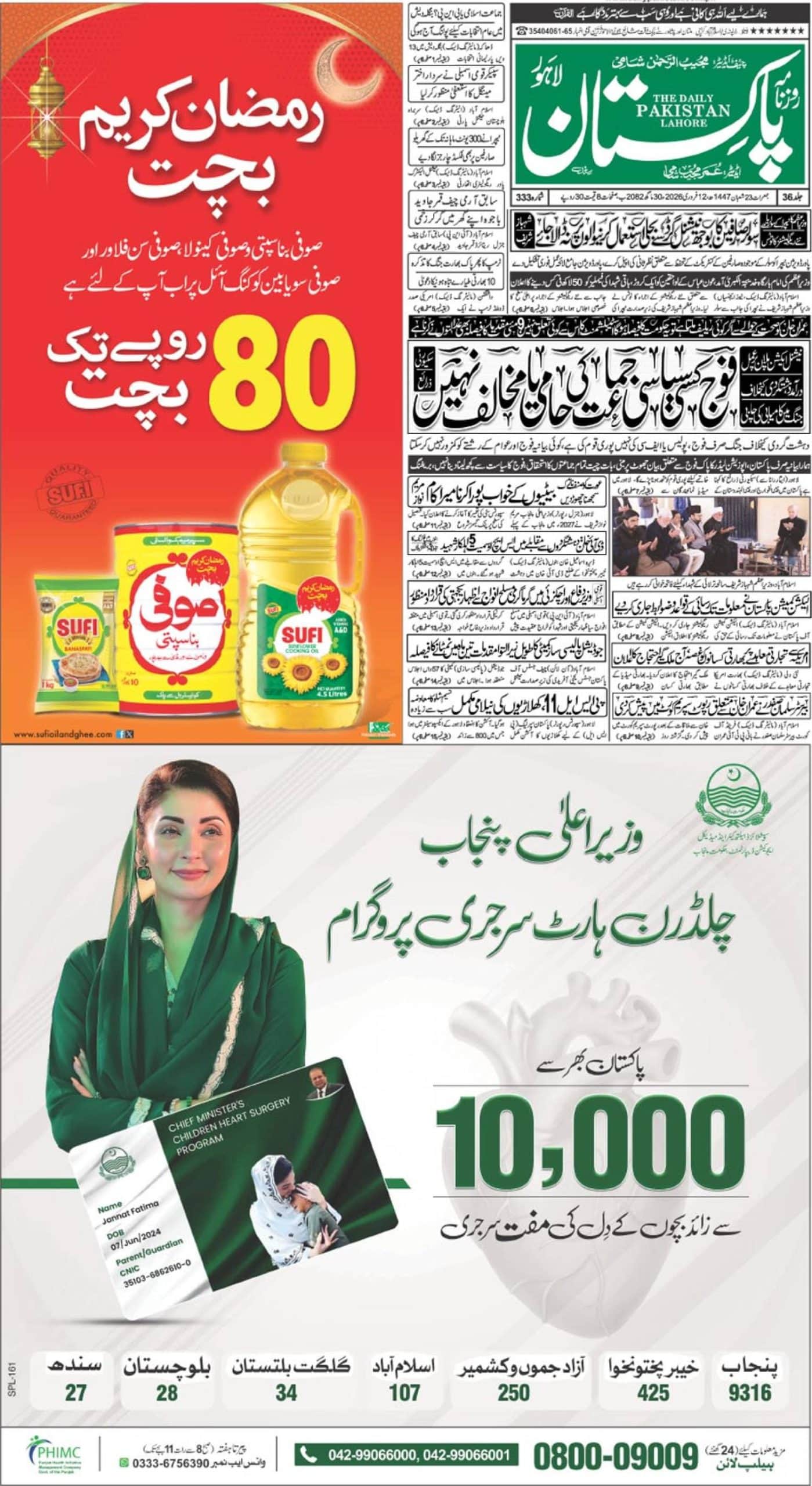LAHORE – The International Labour Organization (ILO), in collaboration with the US Department of Labour (USDOL), organised a two-day training workshop in Lahore.
The workshop, held at a local hotel under the auspices of the BRIDGE project—an initiative aimed at eradicating forced labor and promoting equitable labor practices—focused on equipping journalists with the requisite knowledge and skills to effectively report on forced labor and fair recruitment issues.
A diverse cohort of 35 journalists representing various media platforms—print, electronic, radio, and digital—participated in the workshop.
Dr Faisal Iqbal, the national project coordinator at ILO, emphasized the pivotal role of media in raising public awareness regarding forced labor and advocating for fair recruitment practices. “Media can be key influencers in shaping public perceptions about forced labor and labor migration,”
Dr Iqbal remarked, expressing concern over the prevalence of forced labor in Pakistan affecting an estimated 3.4 million individuals.
Dr Iqbal further elucidated the objectives and significance of “The Bridge Project,” emphasizing the importance of accurate reporting on forced labor and fair recruitment. He delineated the 11 indicators recognized by the ILO globally to identify forced labor, including abuse of authority, deception, movement restrictions, isolation, physical and sexual violence, wage retention, debt bondage, abusive working and living conditions, and excessive overtime.
Renowned journalists Aoun Sahi and Sabook Syed led comprehensive training sessions during the workshop, delving into various aspects of forced labor and labor migration. Sahi underscored the role of media in story identification, pitching, data collection, and effective storytelling across different platforms. Emphasizing the importance of a rights-based and gender-sensitive approach, Sahi highlighted the significance of humanizing the narratives surrounding forced labor and fair recruitment, while adhering to ethical considerations, particularly when interviewing survivors.
Insights from an ILO report titled “Profits and Poverty: The Economics of Forced Labor,” issued in March 2024, were also shared during the workshop. The report revealed staggering figures, indicating annual costs and profits of forced labor globally amounting to $236 billion. With 3.5 out of every thousand individuals worldwide involved in forced labor, industries, services, and agriculture emerged as the top three sectors affected.
The workshop culminated with participants demonstrating keen interest and active engagement in discussions, group work, and practical exercises, reflecting a collective commitment to combat and cover forced labor and promoting fair recruitment practices in Pakistan.

